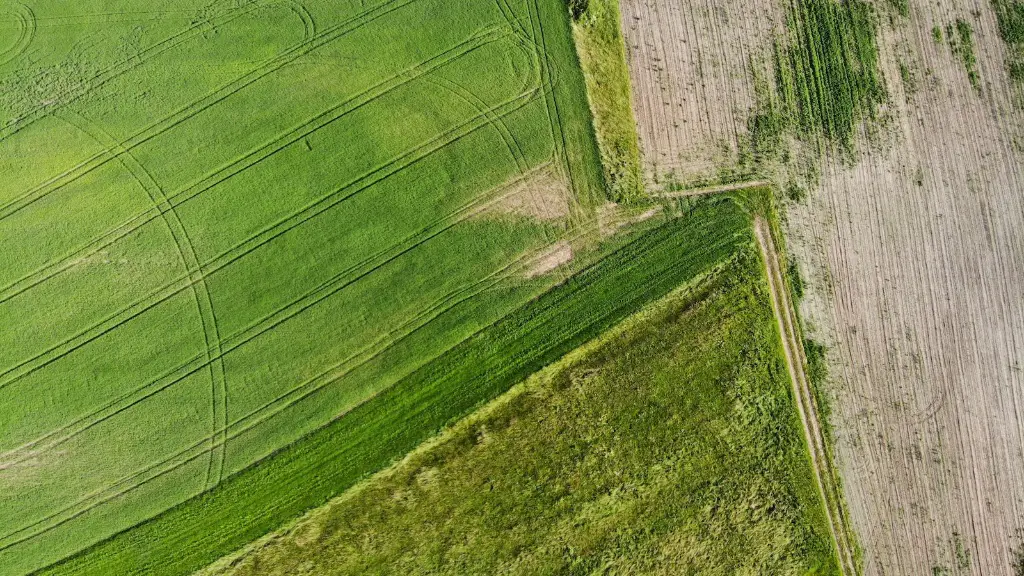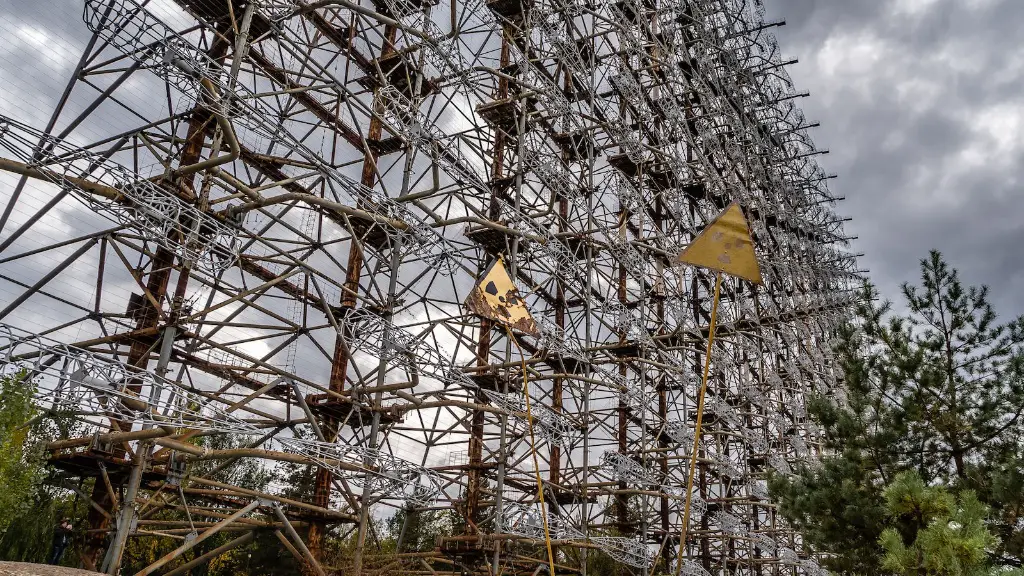Volcanic activity has a long-standing history of contributing to global warming, a topic that has recently become of great importance to humanity. Indeed, rising global average temperatures, a phenomenon strongly linked to the burning of fossil fuels, could drastically change the environment within just a few centuries, leading to difficult consequences for both human life and animals worldwide. While volcainoes may be a minute contributor to this grand scale problem, the effects of their eruption on global warming can still be significant.
To begin with, it is important to identify how exactly volcanoes can contribute to climate change. Volcanic eruptions release gases such as sulfur dioxide and water vapor into the atmosphere, both of which are greenhouse gases–chemicals that deteriorate the Earth’s ozone layer and trap heat, thereby increasing global temperatures. Notably, the sulfur dioxide particles released by volcanoes undergo a series of chemical reactions, forming a reflective layer that reflects the sun’s radiation and leads to the cooling of the Earth’s surface. Unfortunately, this cooling effect is only temporary and small-scale, and thus of small consequence to global climates in the long-term.
Volcanoes can also influence climate change by releasing aerosols–tiny airborne particles which, when released en masse, can reflect and disperse the sun’s radiation in a way that can reduce the amount of sunlight a particular area receives. This phenomenon, known as dimming, can affect temperatures in a certain region for a short period of time. However, unlike the sulfurous aerosols from volcanic eruptions that reflect the sun’s rays away from the Earth and cool its surface, many of the aerosols released by human activities are made of water vapor, nitrites and black carbon, all of which tend to act as a blanket and trap the sun’s energy and heat.
Although volcanoes may have the ability to contribute to global warming, they are a relatively insignificant factor when compared with human activities. The majority of the gases that contribute to global warming are carbon dioxide, methane and nitrous oxide, all of which are produced as by-products of combustion resulting from the burning of fossil fuels from factories, vehicular exhaust and other human activities. According to the U.S. Environmental Protection Agency, anthropogenic, or man-made, emissions are responsible for more than 80% of global warming. Meanwhile, volcanic eruptions contribute less than 10%.
On the other hand, it is important to recognize that volcanic eruptions, even if their impact on global warming remains relatively small, can still have a substantial impact. For example, the eruption of Mt. Pinatubo in the Philippines in 1991 was one of the most powerful eruptions of the 20th century. It released enough sulfur dioxide particles into the atmosphere to cause a temporary cooling of the Earth’s surface by around 1 degree Celsius; this was 10 times more than the reported annual global warming rate during that time. Similarly, Mt. Tambora’s 1815 eruption cooled the Earth’s surface by 0.5 degrees Celsius–an effect that persisted for five years.
In conclusion, while it is true that the impact of volcanoes on global warming is low compared to the effects of human activities, it may still be worth considering the potential effects of volcanic eruptions when formulating strategies to reduce global warming. Volcanic eruptions can cause significant changes in local temperatures and climates, so it may be beneficial to more closely monitor erupting volcanoes, and make preparations in case future eruptions should arise. What’s more, further research into the potential uses of volcanic gases may provide new ways of mitigating the effects of climate change, and we remain open to new ideas.

